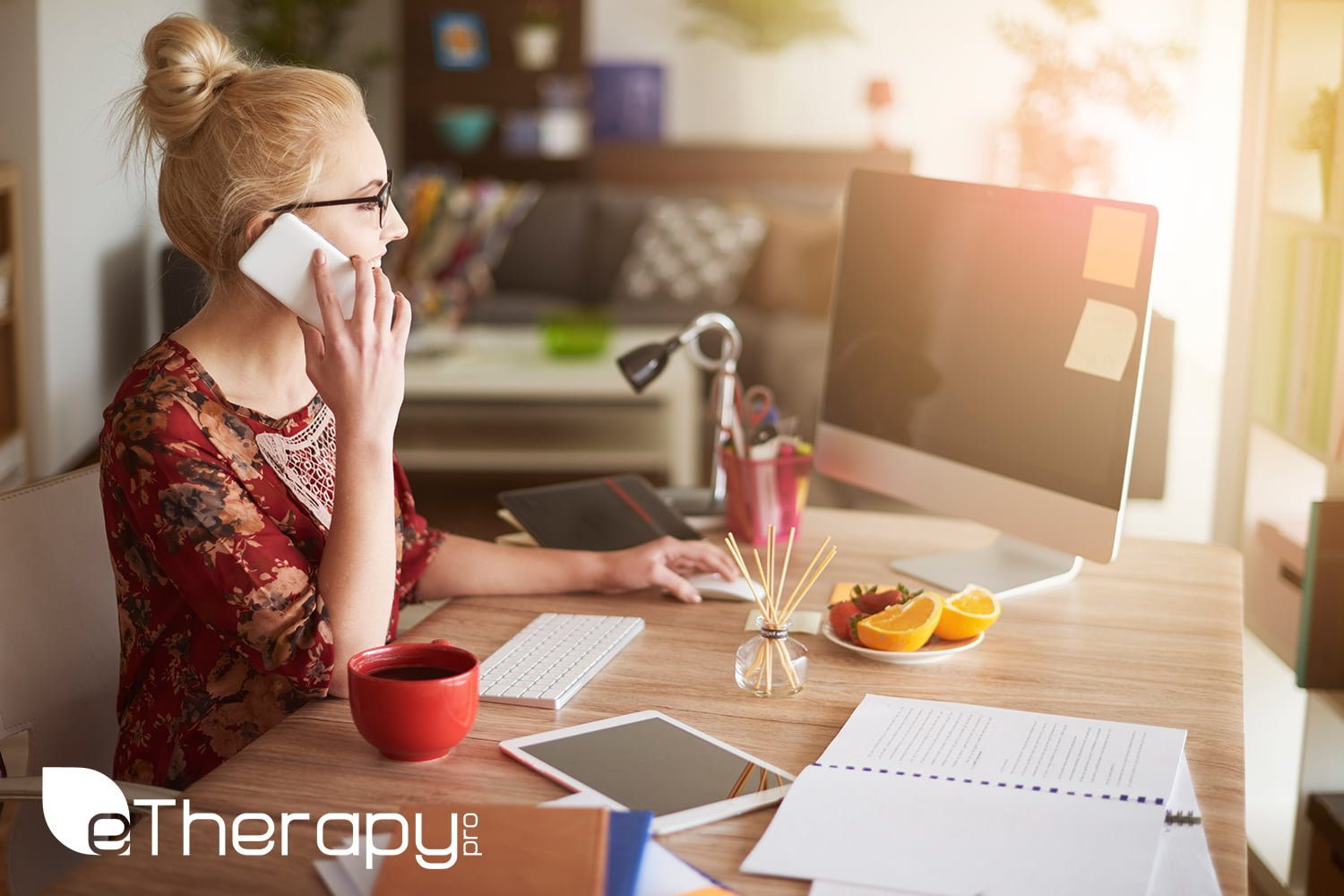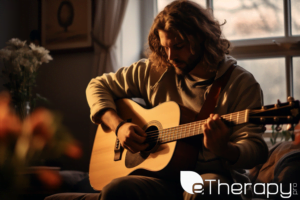According to a recent study, individuals who are exposed to sunlight or bright indoor light early in the morning experience less stress, feel less depressed, and sleep better at night than those who are not. Exposure to sunlight during the day and less light at night supports the body’s healthy sleep patterns by appropriately calibrating the body’s circadian clock, the biological system that helps regulate sleep.
The study published in “Sleep Health: Journal of the National Sleep Foundation” found that people who were exposed to bright light between 8:00 am and noon fell asleep more quickly at night and experienced fewer sleep disturbances than those not exposed to bright light early in the day. Additionally, office workers who were exposed to bright light between 8:00 am and 5:00 pm reported lower levels of depression than individuals not exposed to bright light all day.
Although exposure to bright, natural sunlight is best, even office workers benefit from exposure to short-wave “blue” light. In recent years, many businesses have reduced lighting to be more energy efficient, but this trend may be changing as many offices are moving towards brighter lighting because happier, well-rested employees are more productive employees.
For years, we have known that sleep quality affects several mental, emotional, and physical problems, including mood disturbance and difficulty with metabolism and the immune system. One way to improve our quality of sleep is to pay attention to how much light exposure we receive especially early in the day. More light in the morning equals better sleep at night.
If you are struggling to find quality sleep because of anxiety, depression, or other emotional difficulties, you may also want to consider talking to a therapist online.





